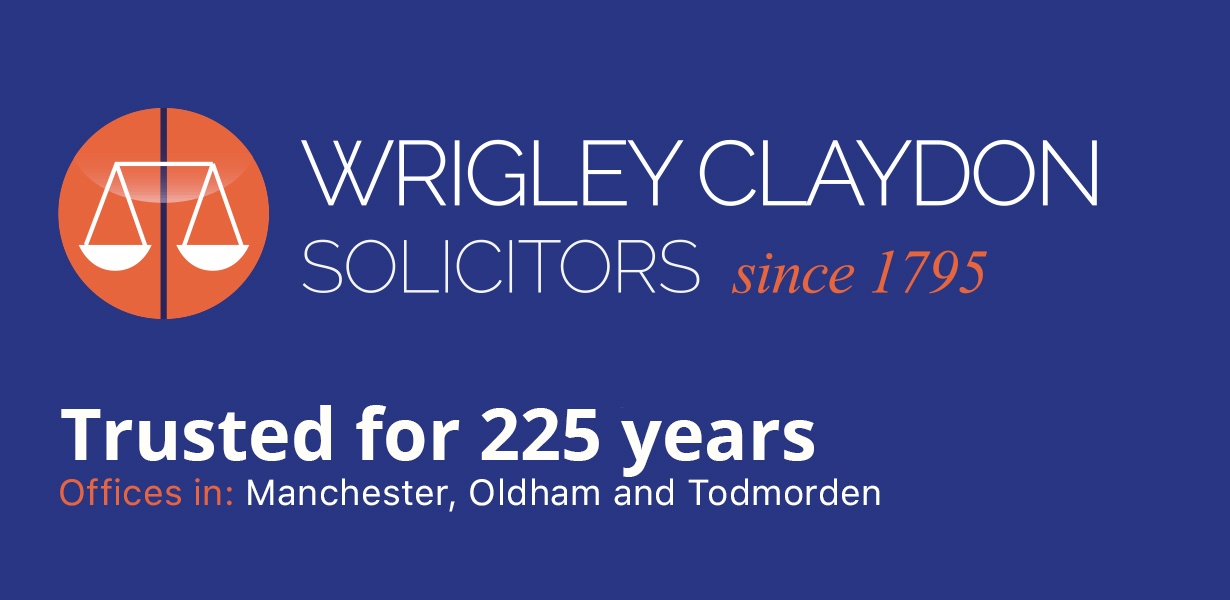European Convention on Human Rights
The European Convention on Human Rights is a landmark treaty that was drawn up in the aftermath of World War II. It protects human rights and fundamental freedoms aimed at achieving greater international unity in recognising the equal rights of men and women, and incorporating the traditions of civil liberty

